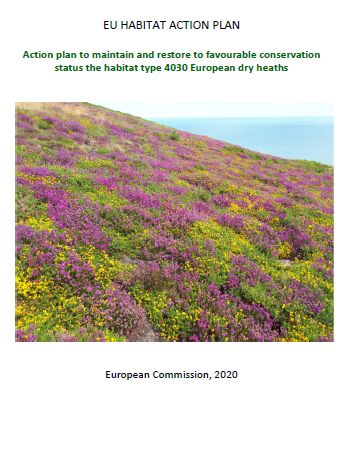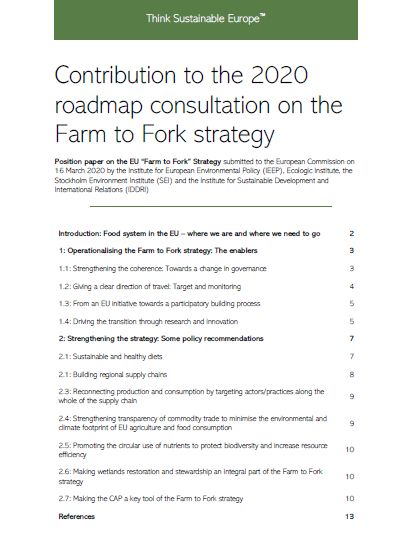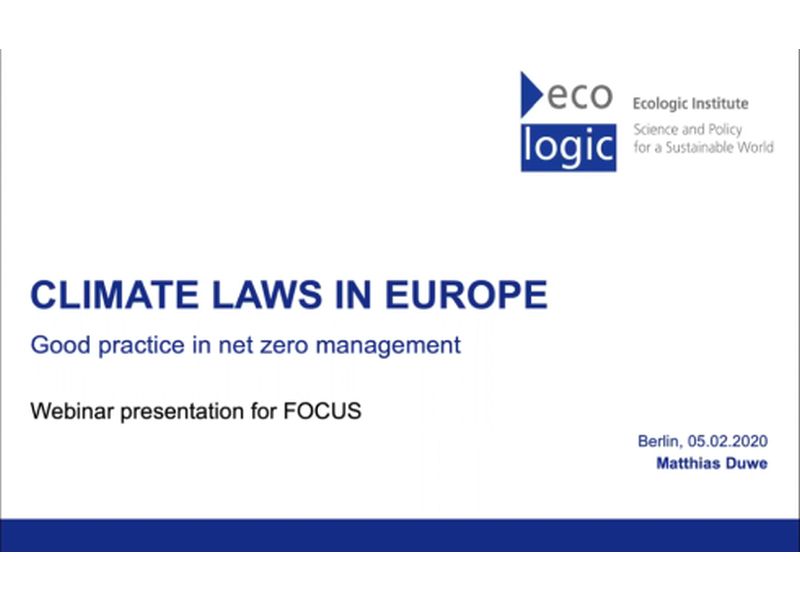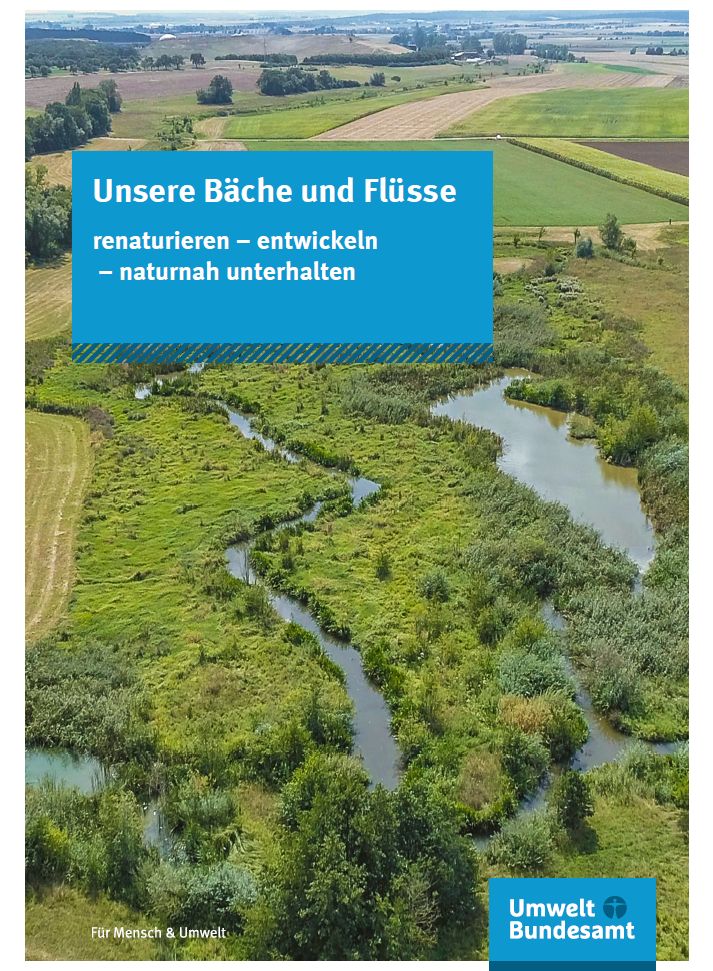Publication:Report
Event:Digital Event
Publication:Knowledge for Future – The Environment Podcast
Europäisches Klimaschutzgesetz – Großer Schritt für die Menschen in Europa?
9th episode of "Knowledge for Future – The Environment Podcast"
Year
Read morePublication:Document
Contribution to the 2020 Roadmap Consultation on the Farm to Fork Strategy
Position paper on the EU "Farm to Fork" Strategy
Year
Read moreEvent:Conference
Presentation:Speech
Presentation:Speech
Publication:Article
Publication:Policy Brief
Event:Workshop
Better Use of Deep Soil Layers in Agriculture as Preparation for Dry Periods
An acceptance analysis of measures to enhance the subsoil
Bad Sassendorf, Kleve,
Germany
Project
Publication:Brochure
Publication:Report
Publication:Brochure



